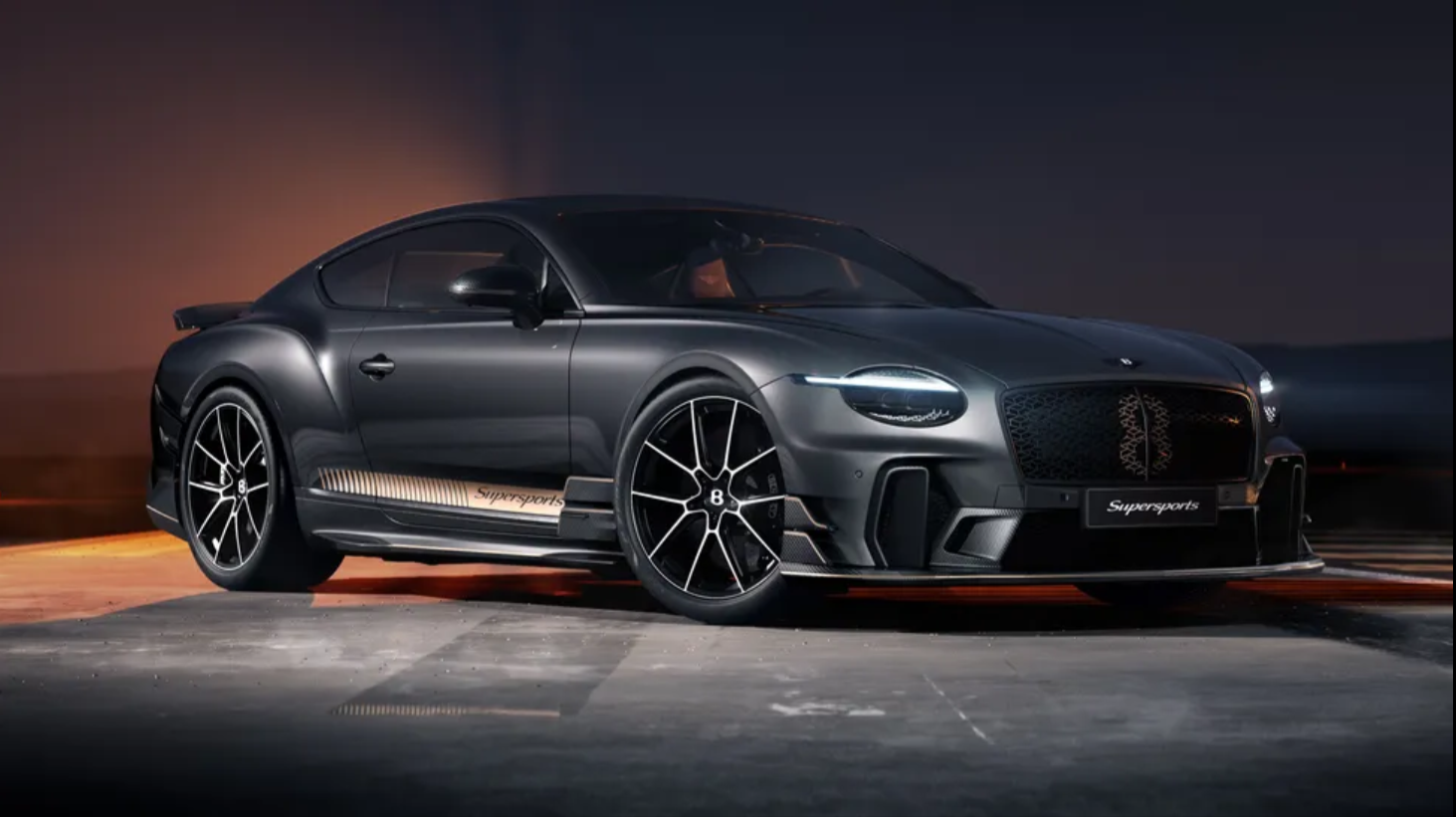For decades, each new generation of cars has grown larger than its predecessor. This trend, fueled by stricter safety regulations and the addition of more technology, has led to once nimble sports cars gaining considerable bulk. Porsche is acutely aware of this issue, but admits its hands are tied for now.
In an interview with Australian magazine Drive, Porsche's design chief Michael Mauer explained that the 911’s increasing size is largely driven by safety regulations and performance demands. “It is, as well, very much driven by [government regulations] and the [car’s] performance. Whenever, if you go back in 20, 30 years ago, how much horsepower the 911 had and how much it has today, that drives the size of the wheels, the size of the brakes, all this stuff,” Mauer said.
The quest for more power has necessitated larger wheels and brakes, contributing to the 911's added girth. In an ideal world, Mauer envisions a smaller 911, a throwback to its roots as a "very compact little sports car." However, current packaging constraints and the demands of combustion engines make this unfeasible.
There is hope that with advancements in electric vehicle (EV) technology, a smaller 911 could become technically possible. Once battery energy density improves, allowing for downsized battery packs, Porsche might be able to shrink the 911. However, a fully electric 911 isn’t on the horizon this decade, and its appeal without a combustion engine remains uncertain.
The recently launched 992.2-generation 911 has put on even more weight. The Carrera GTS, now a hybrid, has gained an additional 47 kg, bringing the rear-wheel-drive version to 1,604 kg and the all-wheel-drive model to 1,649 kg. To put that into perspective, the iconic 1972 911 Carrera RS 2.7 weighed just 960 kg.
In 2024, you can still find sports cars with a relatively low weight, such as the Mazda MX-5, which weighs a bit more than the 1972 Carrera RS 2.7. However, the MX-5 is not a direct rival to the 911 and will also need to be electrified to meet stricter emissions regulations, likely gaining weight in the process.
Porsche's smaller sports car, the 718 Boxster/Cayman, is on its way out. The beloved mid-engined duo will be discontinued in 2025 to make room for a pair of sporty EVs. Early prototypes suggest these new electric models won’t be more compact, and a lower curb weight seems improbable. In fact, the opposite is more likely.
While Porsche grapples with the challenge of increasing car sizes due to regulatory and performance demands, enthusiasts can only dream of a return to the more compact, agile 911s of the past. As EV technology evolves, there might be a glimmer of hope for a smaller, lighter 911, but for now, the iconic sports car continues to grow in size and weight, reflecting the broader trends in the automotive industry.






.jpg)


.jpeg)

.jpeg)
.jpeg)

